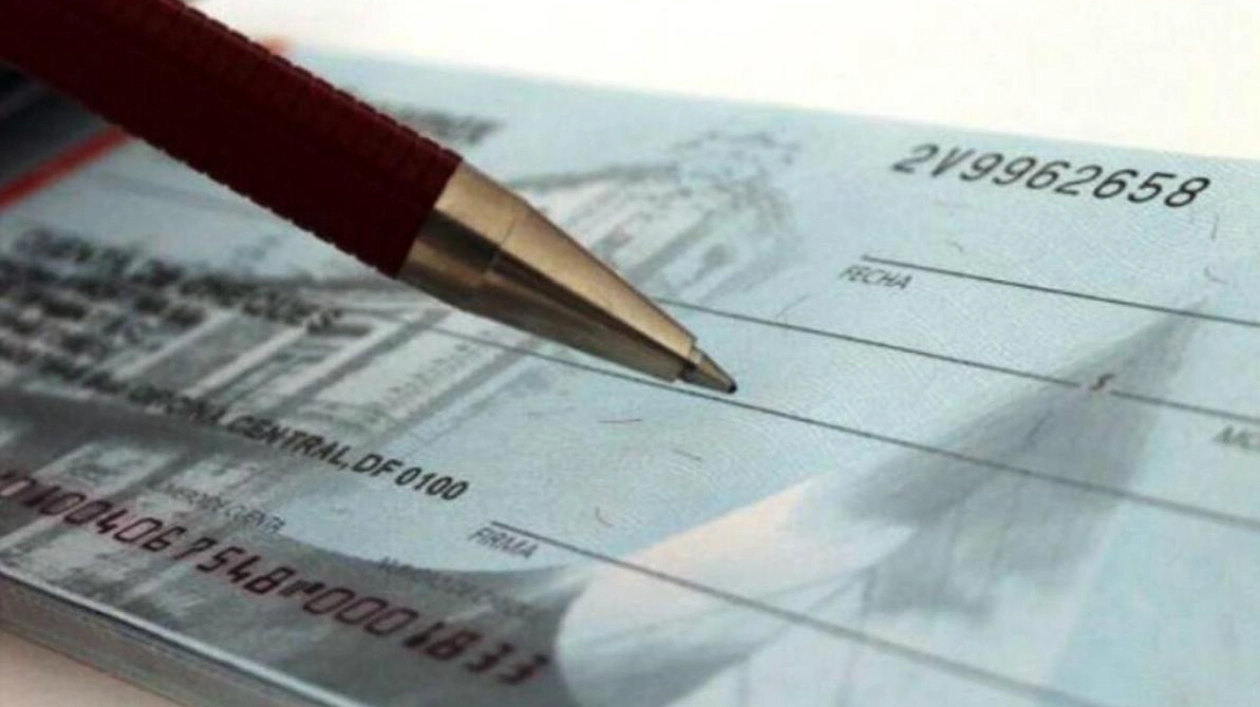As a businessman in the UAE, you may be aware that bounced cheques are no longer considered a criminal offense. If one of your clients consistently submits cheques that bounce, you have legal avenues to recover your funds. According to Article 212 of Federal Decree Law No. 42 of 2022 on the Civil Procedures Law, if a cheque is returned due to insufficient funds, the recipient can file an execution case against the issuer in the UAE court with jurisdiction. This process involves obtaining a 'Writ of Execution' to enforce the payment of the cheque amount.
The law specifies that enforcement can only occur under a writ of execution for verified, urgent, and specified amounts. Writs can be issued for judgments, authenticated documents, ratified conciliation minutes, and other legally recognized documents. Execution cannot proceed without a stamped copy of the writ, and if no action is taken within a year, the file may be temporarily closed. Writs are also void after 15 years without enforcement.
Once an execution order is granted, you can initiate execution proceedings against the cheque issuer, as outlined in Articles 667 and 233-238 of the UAE laws. The issuer will be notified by the court about the bounced cheque details, court fees, and any other costs. The issuer can choose to deposit the amount into the court's treasury. Failure to pay within seven days can lead to an arrest warrant, and a travel ban may be imposed if the amount exceeds Dh10,000.
Additionally, the UAE Commercial Transaction Law allows the bearer of a dishonoured cheque to seek compensation from the issuer and other parties if the cheque is presented within the legal timeframe and proven dishonoured. For a swift resolution, consider filing an execution case or a commercial case against your client, starting with a legal notice and proceeding with the necessary documentation.






